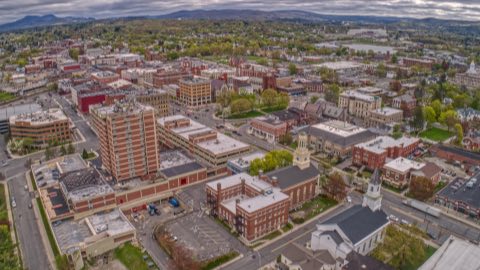
The Massachusetts Clean Energy Center has awarded 14 grants to study the feasibility of community microgrid projects. The goal is to power critical local facilities in a way that improves community resilience in case of disaster, lower customer energy costs, and reduce greenhouse gas (GHG) emissions. Each project received up to $75,000 and technical advice to investigate the logistics and cost of building a community microgrid.
“Microgrids really provide a sneak preview of our future electric grid,” said Galen Nelson, chief program officer at the Massachusetts Clean Energy Center. “We’re funding feasibility studies to figure out what role they’ll play and how to make them function well.”
It is hoped that community microgrids will prove a cost-effective measure to aid in resiliency – providing essential city operations, particularly during severe weather conditions.
Some of the awardees include:
- City of Pittsfield – for vital facilities such as a hospital, local emergency operations, and emergency shelters;
- Community Clean Energy Project (CCEP) – City of Worcester – aiming to integrate local renewable energy resources with existing community generation assets to provide lower cost electricity, as well as strengthen the energy infrastructure and resiliency;
- Downtown Melrose – to serve Melrose City Hall, Melrose Memorial Hall, and the fire department;
- Golden Triangle Microgrid – Sandwich – to serve proposed new development, including affordable housing and a wastewater treatment facility;
- Hull Community Microgrid – HLD receives electric power through a single point of interconnection with the regional power system and thus is highly susceptible to prolonged outages during and after severe weather events; and,
- RUN-GJC Chelsea – to serve a hospital, regional produce distribution center, emergency shelters, and affordable housing.